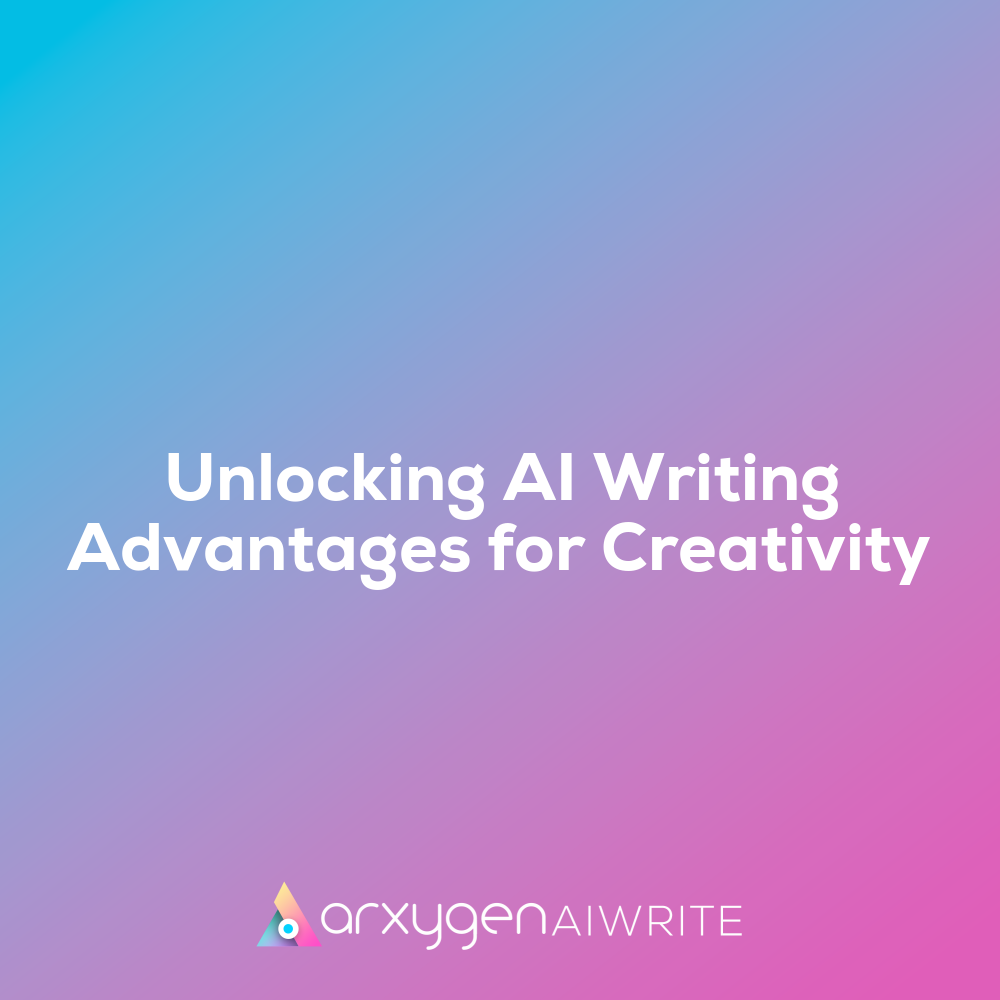Utilising AI to Enhance Creativity in Writing
Writer’s block can be a daunting challenge for many, often leading to frustration and stagnation. Fortunately, AI has emerged as a powerful ally in overcoming these creative hurdles. By providing prompts and suggestions, AI tools can effectively reduce the mental strain associated with generating fresh content. For instance, when faced with a blank page, writers can turn to AI for inspiration, allowing them to break free from their creative constraints and boost productivity. This instant support not only accelerates the writing process but also helps maintain a steady flow of ideas.
Moreover, AI doesn’t just eliminate obstacles; it can also spark new avenues of thought. By analysing vast amounts of data, AI tools can present unique perspectives that writers might not have considered. Imagine a novelist exploring character development through AI-generated scenarios that push the boundaries of their original concepts. This interaction can lead to unexpected plot twists and richer narratives. Additionally, the diverse range of styles and tones offered by AI can encourage writers to experiment with their voice, ultimately enriching their craft.
Inspiration Through Innovation: The Role of AI in Creative Writing
The collaborative potential between human creativity and artificial intelligence is boundless. Writers who embrace these technological advancements often find themselves rejuvenated, as AI acts as both a muse and a mentor. With every suggestion generated, there lies an opportunity for exploration and growth. As we continue to integrate these intelligent tools into our writing processes, the future of creativity seems brighter than ever. Embracing AI not only enhances individual productivity but also cultivates a vibrant landscape where ideas flourish.
Enhancing the Writing Experience Through AI Automation
In today’s fast-paced world, writers often find themselves bogged down by repetitive tasks that stifle their creativity. By leveraging AI technology, these mundane activities can be automated, freeing up valuable time for writers to explore innovative ideas and concepts. For instance, while drafting a blog post, AI tools can handle formatting and basic research, allowing authors to concentrate on crafting compelling narratives. This shift not only enhances productivity but also revitalises the creative process.
Furthermore, AI’s capabilities extend to grammar checking and style enhancement, which significantly elevate the overall quality of writing. Advanced algorithms can analyse text for grammatical errors, awkward phrasing, and stylistic inconsistencies that might otherwise go unnoticed. Imagine a scenario where a writer submits their work without the fear of overlooked mistakes; this assurance fosters greater confidence in their writing. By utilising AI, authors can refine their voice and ensure clarity in their communication, ultimately producing polished pieces that resonate with readers.
The Transformative Power of AI in Writing
The integration of AI into the writing process not only streamlines workflows but also nurtures creativity. Writers can experiment with different styles and tones without the constant worry of technical errors. As AI continues to evolve, its role in enhancing writing quality becomes increasingly indispensable. By embracing these tools, writers are not just improving their output; they’re unlocking a new realm of creative potential that was previously constrained by time-consuming tasks.
The Role of AI in Enhancing Creative Writing
In an age where technology is rapidly evolving, the collaboration between humans and artificial intelligence (AI) offers unprecedented opportunities to expand the horizons of creativity. By leveraging AI writing tools, authors can explore new narrative structures and styles, pushing the boundaries of traditional storytelling. Imagine a novelist brainstorming with an AI that suggests plot twists or character developments they might never have considered. This partnership not only enhances innovation but also inspires writers to take risks that could lead to groundbreaking work.
“The partnership between human creativity and AI innovation holds the potential to redefine storytelling, inspiring writers to explore uncharted territories in their craft.”

